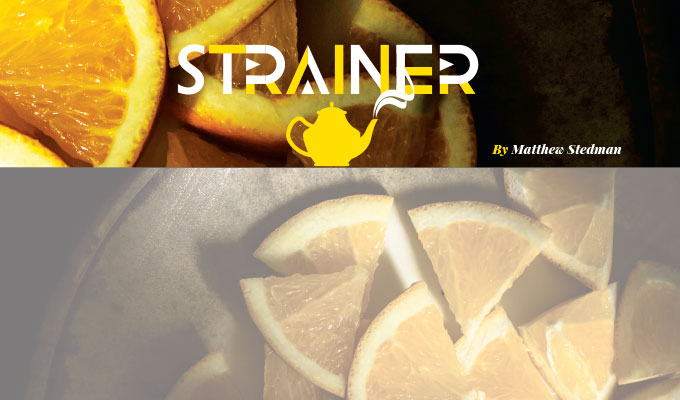Chinese food was the ultimate treat for me. You may sneer at those British-Cantonese restaurant dishes which so excited me: spare ribs, crispy noodles, crispy beef with carrots, etc. I am unrepentant. In our family, we each ordered one dish. Mine was always Lemon Chicken. Sure, the take-away version usually comes in a gloopy sauce with the same lemon-ness as “lemon-fresh” bathroom cleaner. But fresh lemon (word order is important here) is always used in the best restaurants. And, thanks to BritishChinese food evangelist Ken Hom, it’s a dish I can cook competently.
Lemon Chicken was part of my China dream. So I’d just assumed that lemons must be everywhere in China proper. But how wrong I was. Not only is Lemon Chicken completely unknown; lemons themselves remain somehow foreign. Ordinary grocers never sell them. They’re expensive in supermarkets, unless you opt for those dried slices, among the infusions and the lizards and the medicines in the glass jars.
Bar staff here don’t usually start their shift slicing lemons. That (unimaginative) western pairing of lemon with every kind of seafood just doesn’t figure here. And desserts (nevermind lemon-drizzle-cake) are not commonly made at home. No wonder grocers don’t bother stocking them.
Now, I should say at this point that I probably like lemons even more than you do. I make lemon choices at moments when you would make chocolate choices. I don’t especially enjoy sucking on a lemon. But I can.
- Apocalypse Tea; Should I Drive After Drinking This?
- Perfect Median; China’s Take on Earl Grey
- Swallowing is Just the Beginning; Rain, Flower, Cloud!
And if lemons are not popular in China, why am I mentioning them here in this Chinese tea column? Because adding lemon in tea is something worth trying, even to non-followers of the super-sour.
It’s something that has a rich history outside China. The “iced tea” enjoyed in the Southeast of the United States is an institution all of its own. And (sssshhhh!!!) it’s probably influenced by Russia.
Originally, the tea drank in Russia was brick tea from China, arriving along the famous caravan. Whether or not they really did need to banish a camel-sweat aroma from that original tea, we know that Russians often chose to flavour it with lemons. In such a cold climate, we have to assume that early Petersburg and Moscow salon drinkers made do with dried lemon slices. But squeezing a fresh lemon was, apparently, part of Stalin’s daily ritual.
- Sugar-Free Bottled Tea; China’s Wu Tang Clan
- Which Tea Brand Best Compliments Your Private Jet?
- Long Time, Long Jing No See
I once worked in India, and it was lemon (not condensed milk) I preferred adding to my morning cup of black tea. I’m again drinking that way now, with some tea from Sri Lanka.
For all its sourness, lemon juice probably contains a lot of sugar. And, for me, it really “rounds off” any “bitter malty” aspects of a black tea. It adds a wonderful face-filling fragrance. And, from what I understand, the “healthy” aspects of the two ingredients, the antioxidants and the Vitamin C, do not “block uptake” or denature or shout rude Altai words at each other, even at black tea’s high brewing temperature.
Rather than just the juice, I personally recommend infusing the slice; zest, pith and all. That creates a better sourness-balance than squeezing alone. Don’t say it too loudly here in China, but lemon also works well in softening a very astringent green tea.
Just don’t touch any of those “lemon” teabags. Drinking bathroom cleaner would be better than that.









